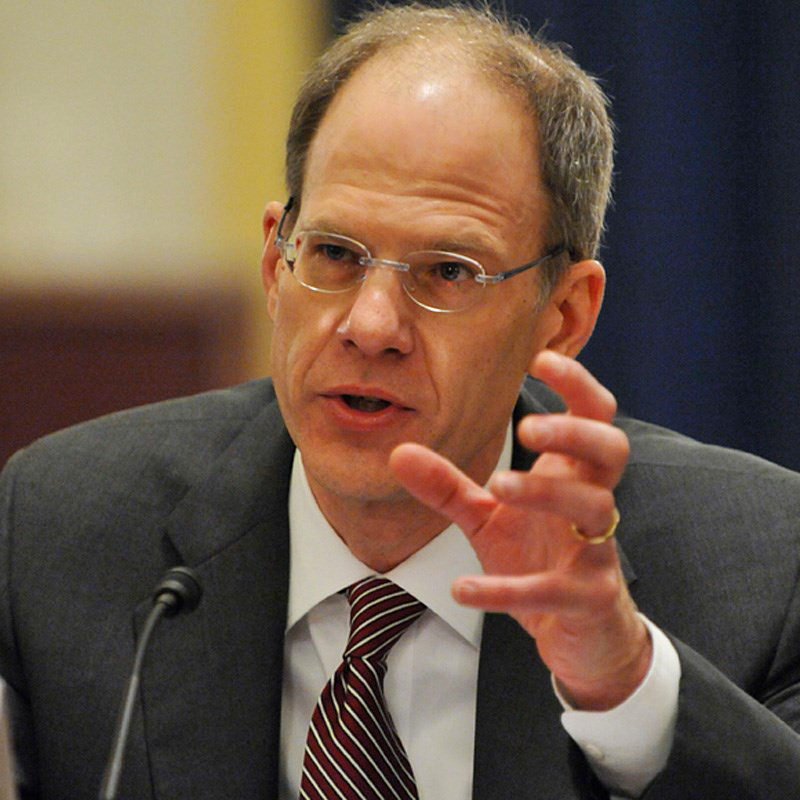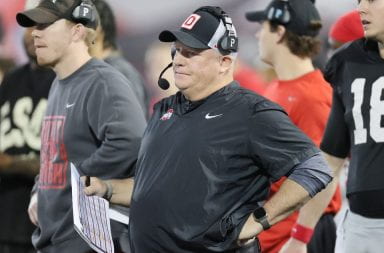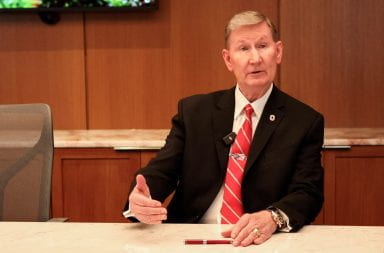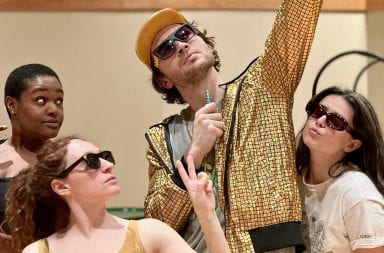
Moritz College of Law professor Edward Foley. Courtesy of OSU
Ohio State Moritz College of Law professor Edward Foley just published his second book, “Ballot Battles: The History of Disputed Elections in the United States.”
The book recounts the historical upsets, scandals and untold stories surrounding elections in the U.S. Foley dives into American history to narrate election disputes from all the way back in the 18th century to the 2008 presidential election, and he finds no shortage of material.
“I started the project not expecting it to be a history book, but working on it, I realized the only way to understand this was to go back to the founding of the country,” Foley said about his book, which was released Jan. 4 by Oxford University Press.
Foley has been teaching election politics and constitutional law since 1991. He is the director of election law at Moritz and the Charles W. Ebersold and Florence Whitcomb Ebersold Chair in Constitutional Law.
Foley said election law is a foundation of U.S. government. However, when the government was first formed, no one guessed that elections would get so dicey, and fewer laws and regulations were put in place to help decide contested elections.
He said the good news is that most elections go over smoothly. But when the results of an election come under fire, deciding what to do can be tricky.
Ohio’s standing as a battleground state has resulted in a history of disputed elections. Foley recounts the tumultuous 2004 presidential election in Ohio, which inspired him to write the book.
“We’ve had these major disputes in Ohio. In 2004, we were at the center of election law,” Foley said.
He warned of what could be an impending storm for Ohio: “There is a chance of a huge electoral tornado hitting Ohio, and we are not ready for it,” he said.
Vlad Kogan, assistant professor of political science, recommends Foley’s book to students interested in government. He said it is at the intersection of politics and U.S. history.
“I don’t think anyone else has provided such a broad overview of elections from the very beginning,” Kogan said.
Foley said his research for the book uncovered stories he had not heard of in his 30 years of teaching.
“Putting these stories together, I have a much better understanding of our nation’s growth. We aren’t perfect, but we’re growing,” Foley said. “This is actually an optimistic story.”


